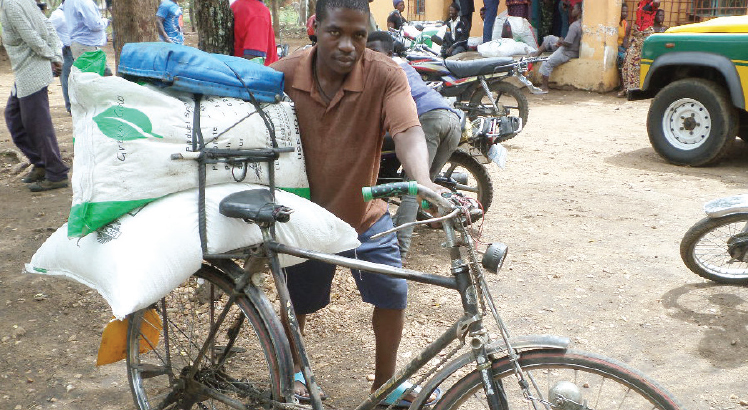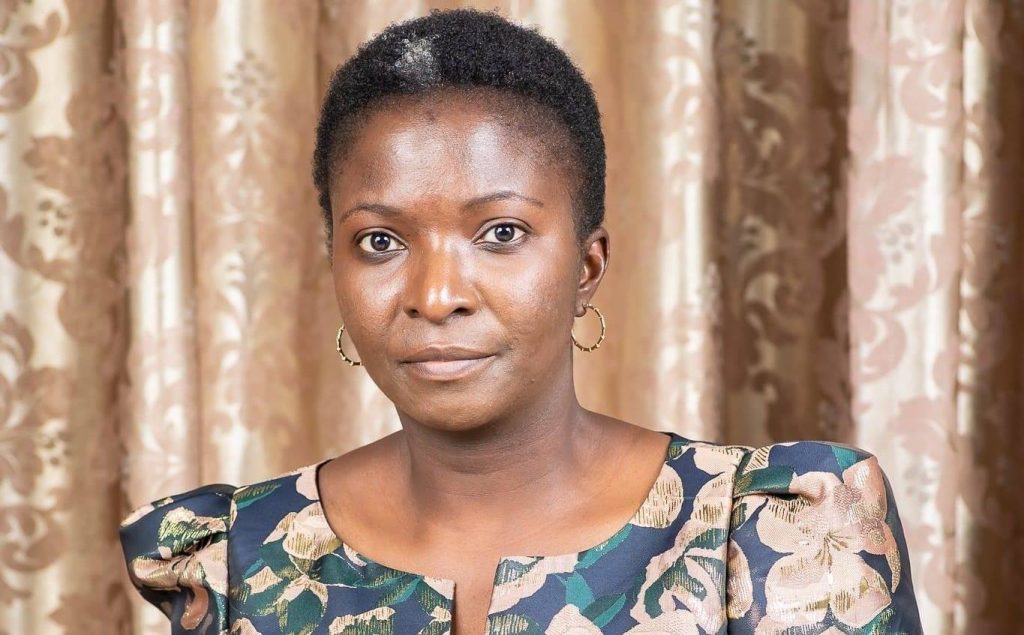Draft guidelines on 2022/23 Affordable Inputs Programme (AIP) show that the budget has doubled from K109 billion to K213 billion despite the Agriculture Ministry removing one million beneficiaries and doubling farmers contribution, Nation on Sunday has calculated.
Our calculations come from the ministry AIP 2022/23 draft guidelines we have seen which break down the farm inputs pricing, volumes and implementation outline.
Farmers will have to dig
deeper to buy fertilisers
Though the ministry could not officially own the guidelines, a well-placed source confirmed that they are what has been worked on.
The adjustments have triggered fears from pro-farmers’ policy advocates who fear farmers will not be able to raise enough resources to redeem the inputs.
The yet to be released guidelines show that the government has pegged 50-kilogramme (kg) bag of fertiliser at K55 000, up from K25 000 last season.
From that, the ministry would shoulder K40 000 with the farmer handed a K15 000 bill. In the previous programme, they were redeeming a bag of fertiliser at K7 500.
Read the draft guidelines in part: “A farmer will contribute K15 000 for each bag of NPK or Urea and government will be topping up with K40 000 for each bag accessed. Government will pay K5 000 for each 5kg cereal seed pack accessed by a beneficiary.
“However, a beneficiary will be expected to top up the difference between the market price of seed pack and government contribution.”
The guidelines further indicate that the beneficiaries have been trimmed from 3.7 million to 2.5 million with 30 000 of those getting two goats valued at K80 000, equivalent to the government’s fertiliser contribution to each farmer.
Based on the targeted 2.5 million beneficiaries, the ministry’s total contribution to this year’s AIP fertiliser and goats stands at K200 billion and around K13 billion for seeds.
This dwarfs the K109 billion which Treasury allocated in the 2022/23 National Budget and Parliament approved in March this year.
On reducing the beneficiaries, the draft guidelines state that those not considered will benefit from other programmes.
The guidelines read: “The database of farming households of the Ministry of Agriculture is about 3.7 million. Out of this, 297 138 farming households are being supported by the Social Cash Transfer Programme under the Ministry of Finance and Economic Affairs;
“…435,000 farming households are being supported under Climate Smart Public Works implemented by the same Ministry of Finance and Economic Affairs; 79 500 farming households are supported by the Agriculture Commercialisation Project and 85 000 farming households will be supported by the Department of Land Resources and Conservation under Adaptation Fund.
“The ministry, therefore, remains with about 2 800 000 farming households that will be the legible beneficiaries. However, farming households under the Affordable Inputs Programme in 2022/23 season will be 2 500 000 beneficiaries.”
Asked how the government will source the additional funds to bankroll the programme, Ministry of Agriculture spokesperson, Gracian Lungu said he could not comment, arguing “the ministry is yet to make any pronouncements on AIP.”
Shown the guidelines document, which is dated September 2022, he snapped: “That is not an official one.”
Minister of Finance and Economic Affairs Sosten Gwengwe in an interview yesterday said what he knows is that the AIP budget is at K109 billion.
He said: “Those (K213bn) are the figures which we have not received. Perhaps they are working towards the mid-term review which is not done yet. But when Parliament meets, we will need to be able to agree on what final figure and what number of beneficiaries we should settle for.
“As for the Ministry of Finance, we stand guided in terms of what Cabinet endorse as a final number of beneficiaries then we will need to recast it according to the current prices and see what is feasible within our means.”
Meanwhile, the Civil Society Agriculture Network executive director Lilian Saka has voiced fears that most farmers would not be able to redeem the fertiliser if the redemption is pegged at K15 000.
She said: “K15 000 is too high for the farmers. There is a chance that farmers will receive the coupons but will not go to redeem the inputs under AIP so there will be huge investments which may not yield the expected results.
“We understand that fertiliser prices have gone up but farmers’ ability to earn has not increased so affordability will be very low. They may opt to sell the coupons to those who can afford, which will also mean a failure of the programme.”
On its part, Fertiliser Association of Malawi (FAM), which represents private fertiliser dealers, has opposed government’s capping of farmers’ contribution.
FAM has been advocating for government to adopt a flexible top up approach that will allow companies to determine the top up amount to compete on price, quality and service.
Reacting to the guidelines, FAM executive administrative officer Mbawaka Brandy Phiri said: “As we have previously advised, a fixed top up is problematic when: the Malawi kwacha is devaluing against the US dollar; there is a scarcity of US dollars at commercial banks and the actual rate is higher than the advertised rate and the price of fertiliser is increasing
“Unfortunately, all these points are currently the state of the market. This, therefore, makes fertiliser more costly in reality.
“Smallholder Farmers Fertiliser Revolving Fund of Malawi and Admarc, however, are able to access forex at preferential rates making it an unlevelled playing field that is stacked against the private sector. The private sector has to spend more kwacha to get a dollar than the parastatals.”
The fertiliser prices are soaring in the country due to foreign exchange challenges and rising demand on the international market triggered by the war between Ukraine and Russia since the latter is a strategic producer of the commodity, according to policy analysts.
AIP has earned both rebuke—for being a burden to the country’s fiscal purse—and praise, for scaling up food security.
The post AIP future hangs in balance appeared first on The Nation Online.
 Moni Malawi
Moni Malawi 

